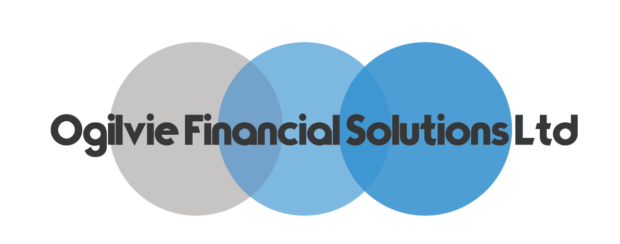No-one enjoys planning for the possibility of their health and…

Do you need health insurance?
Do you need health insurance?
“Do something today that your future self will thank you for.”
Whether or not you are a fan of bite-sized wisdom, this is a great point from which to discuss health insurance.
In New Zealand we are lucky to have a fairly robust public health system which can lead people to think health insurance is a luxury item they can do without.
To a certain extent that may be true but it isn’t the whole story. There are a myriad of benefits to not relying solely on the state to look after you should health problems arise.
Get it before you need it
There are two main reasons you should get health insurance before you think you need it. Firstly the upcoming shift in New Zealand’s demographics, and secondly establishing a relationship with a health insurance provider while you are in good shape.
Changing demographics
The government currently spends 20% of its budget on healthcare and we have 10 workers (i.e. paying tax to fund the government budget) for every old age dependent, however in the next 20 years that number is going to shift to four workers for every old age dependent. That is quite a healthcare burden and raises some questions around the sustainability of our public system.
We don’t know how this will be managed, but the government will need to make some changes to fund this and we may not have the level of public coverage we are used to. We may find health insurance is no longer a luxury but a necessity and those with health insurance already in place, with fewer exclusions, will be well placed.
Pre-existing conditions
The second point is that while the fitter and healthier you are, the less likely you are to think about health coverage – however this is exactly when you should be establishing your relationship with a health insurance provider – before you need it. You will then find yourself to be well covered when the need does arise.
Control over your treatment
Another benefit to having health insurance is getting the treatment you want, when you want it. Whether you are treated in the public or private system you may see the very same surgeon – the difference is how quickly you will see them. Through the public system you can end up waiting months for a non-urgent procedure (defined as anything that can wait longer than a week) which you may get as soon as the following week if you are covered by insurance.
What about setting up a savings account for unexpected medical bills instead?
A popular idea, but many people don’t realise how expensive surgery is. And with medical inflation is rising at a rate of 10% annually, it is going up quickly. The current cost of a hip replacement is $22,000; a heart bypass is $45,000. Even a hernia repair will set you back at least $6,000. This doesn’t mean you shouldn’t have an emergency savings account though – this can really help reduce your premiums by having a higher excess on your plan.
Can I cancel it if it doesn’t fit the budget?
Many people have seasons when the budget gets a bit tighter, and health insurance can end up being up for discussion. The two biggest downsides to cancelling your policy are finding yourself uncovered when you really need it, and when you do renew your policy finding you are no longer as well covered if any health issues have arisen in the interim. Health insurance should really be a part of your long term plan, and your adviser is well placed to help you make it work.
One last note on pre-existing conditions – don’t make the assumption that you won’t be covered without talking to an adviser – some exclusions expire after a period symptom free and you will still be covered for more than you won’t be – some coverage is better than none.
If you want to discuss more about your health insurance options get in touch with Peter Ogilvie today for a no obligation appointment and expert opinion.



